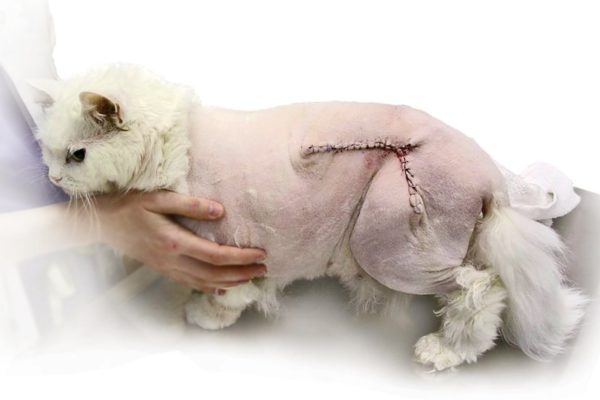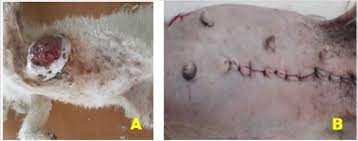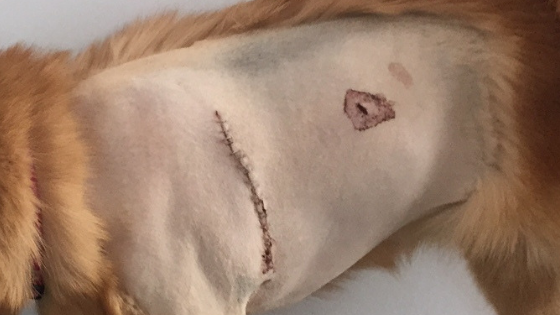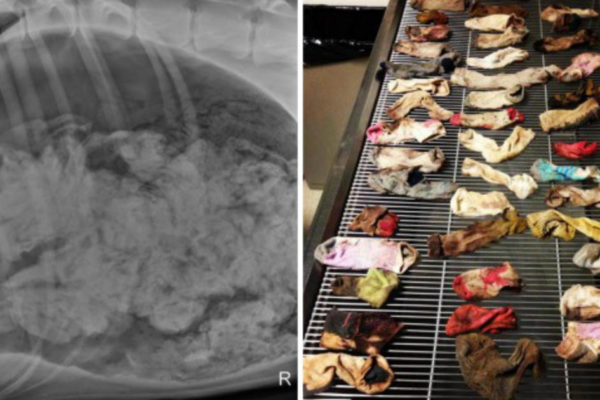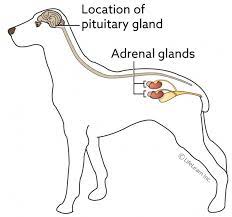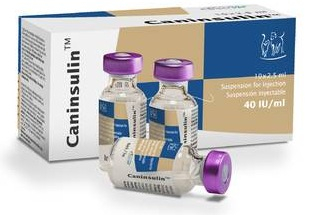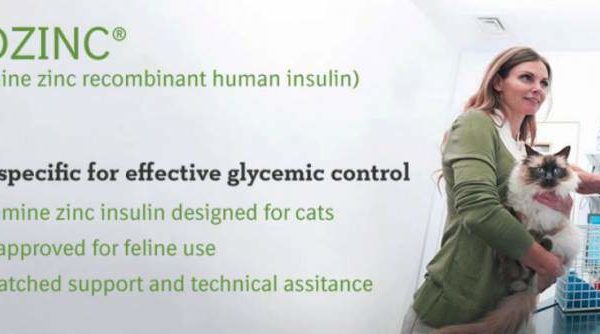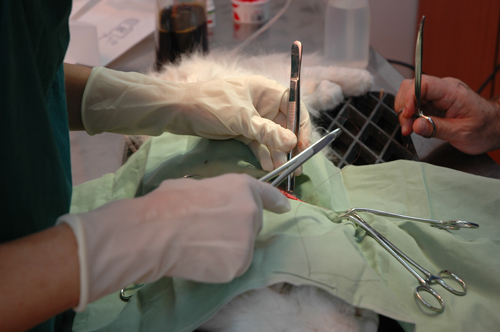
We perform many types of soft tissue surgeries at our clinic. Soft tissue surgeries are those that are not associated with bone. These surgeries can provide many benefits to pets.
Probably the most common soft tissue surgery performed on pets is the removal of masses, or lumps. Most of these masses, once removed and tested, are found to be benign (non-harmful); however, occasionally they are more serious. Early removal and accurate diagnosis of a lump is necessary to improve the outcome in your pet if the mass is cancerous.
Other common surgeries we perform include cystotomies (bladder stone removal), exploratory laparotomies (exploratory surgery to identify problems and take biopsies) , gastro-enterotomies (removal of foreign objects that were swallowed), and dental extractions.
At Byron, we also refer many soft tissue, ophthalmic, and orthopaedic surgeries to Board-Certified Veterinary Surgeons both in London and out. Occasionally, we even book travelling surgeons who can come and perform specific scheduled surgeries on our behalf. Rest assured, if we can’t do the surgery, we will get your pet to someone who can!
Please contact us at (519) 472-3770 if you’d like to discuss how soft tissue surgery might be able to help your pet.

